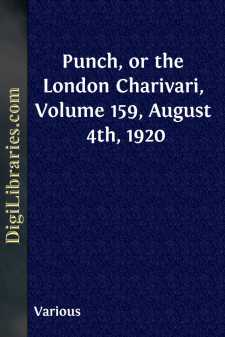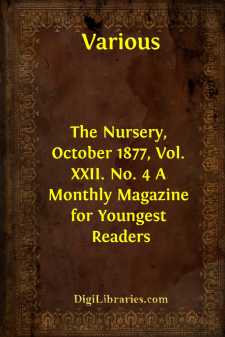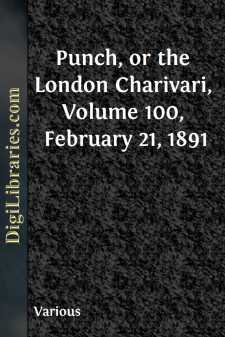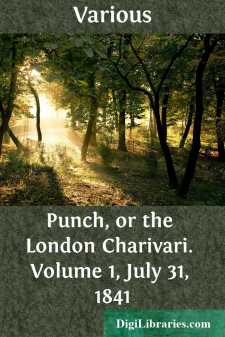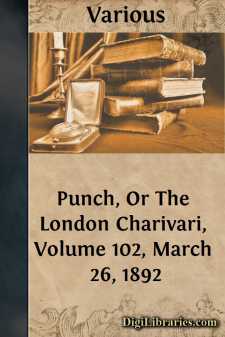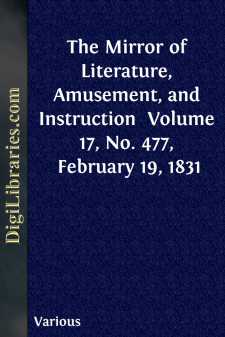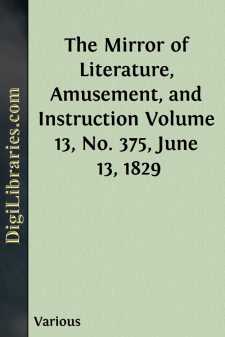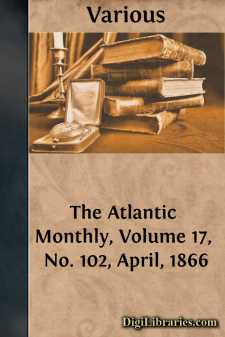Categories
- Antiques & Collectibles 13
- Architecture 36
- Art 48
- Bibles 22
- Biography & Autobiography 813
- Body, Mind & Spirit 142
- Business & Economics 28
- Children's Books 17
- Children's Fiction 14
- Computers 4
- Cooking 94
- Crafts & Hobbies 4
- Drama 346
- Education 46
- Family & Relationships 57
- Fiction 11829
- Games 19
- Gardening 17
- Health & Fitness 34
- History 1377
- House & Home 1
- Humor 147
- Juvenile Fiction 1873
- Juvenile Nonfiction 202
- Language Arts & Disciplines 88
- Law 16
- Literary Collections 686
- Literary Criticism 179
- Mathematics 13
- Medical 41
- Music 40
- Nature 179
- Non-Classifiable 1768
- Performing Arts 7
- Periodicals 1453
- Philosophy 64
- Photography 2
- Poetry 896
- Political Science 203
- Psychology 42
- Reference 154
- Religion 513
- Science 126
- Self-Help 84
- Social Science 81
- Sports & Recreation 34
- Study Aids 3
- Technology & Engineering 59
- Transportation 23
- Travel 463
- True Crime 29
Sort by:
by:
Various
SOLVING THE HOLIDAY FARE PROBLEM. "None but the rich can pay the fare" is as true at this moment as when the words were first penned. The reference, of course, is to the return fare, for the single fare of tomorrow is hardly more than we paid without complaint in years gone by for the journey there and back. How comparatively few people seem to be aware that the solution of the difficulty lies...
more...
by:
Various
THE PARROT THAT PLAYED TRUANT. LD Miss Dorothy Draper had a parrot. It was one of the few things she loved. And the parrot seemed to love her in return. Miss Dorothy would hang the cage outside of her window every sunny day. Sometimes an idle boy would come along, and poke a stick between the wires; and then the old lady would say, "Boy, go away!"But one day, when the window was open, and the...
more...
by:
Various
THE HUNDRED DAYS. PERSONAL REMINISCENCES. That period of history between the 20th of March and the 28th of June, 1815, being the interregnum in the reign of Louis the Eighteenth, caused by the arrival of Napoleon from Elba and his assumption of the government of France, is known as "The Hundred Days." It is as interesting as it was eventful, and has been duly chronicled wherever facts have been...
more...
by:
Various
CHAPTER I. The iceberg was moving. There was no doubt of it. Moving with a terrible sinuous motion. Occasionally an incautious ironclad approached like a foolish hen, and pecked at the moving mass. Then there was a slight crash, followed by a mild convulsion of masts, and spars, and iron-plates, and 100-ton guns, then two or three gurgles and all was still. The iceberg passed on smiling in triumph, and...
more...
by:
Various
POETRY ON AN IMPROVED PRINCIPLE. Let me earnestly implore you, good Mr. PUNCH, to give publicity to a new invention in the art of poetry, which I desire only to claim the merit of having discovered. I am perfectly willing to permit others to improve upon it, and to bring it to that perfection of which I am delightedly aware, it is susceptible. It is sometimes lamented that the taste for poetry is on...
more...
by:
Various
HOSPITALITY À LA MODE. ["Programmes and introductions are going out of fashion at balls."—Weekly Paper.] SCENE—Interior of a Drawing-room during a dance. Sprightly Damsel disengaged looking out for a partner. She addresses cheerful-looking Middle-aged Gentleman, who is standing near her. She. I am not quite sure whether I gave you this waltz? He. Nor I. But I hope you did. I am afraid it...
more...
by:
Various
MOUNT ST. MICHAEL, NORMANDY. The interest attached to this extraordinary place is of so popular a character as fully to justify its introduction to our pages. It is situate at the southern extremity of the ancient province of Normandy, a district of considerable importance in the early histories of France and England. The "Mount" is likewise one of the most stupendous of Nature's...
more...
by:
Various
CUMBERLAND TERRACE, REGENT'S PARK. The annexed Engraving completes our Series of Architectural Illustrations of the REGENT'S PARK, and is, withal the most magnificent Terrace in the circuit. It stands considerably above the road, and is approached by a fine carriage sweep, with handsome balustrades; below which, and level with the road, is the garden, or promenade for the residents of the...
more...
by:
Various
LAST DAYS OF WALTER SAVAGE LANDOR. PART I. When, in October, 1864, the European steamer brought us the intelligence of Walter Savage Landor's death, which occurred the month previous at Florence, newspaper readers asked, "Who is Landor?" The few who remember him remotely through the medium of Mr. Hillard's selections from his writings exclaimed, "What! Did he not die long...
more...
by:
Various
PREFACE This book of verse for boys is, I believe, the first of its kind in English. Plainly, it were labour lost to go gleaning where so many experts have gone harvesting; and for what is rarest and best in English Poetry the world must turn, as heretofore, to the several ‘Golden Treasuries’ of Professor Palgrave and Mr. Coventry Patmore, and to the excellent ‘Poets' Walk’ of Mr. Mowbray...
more...


